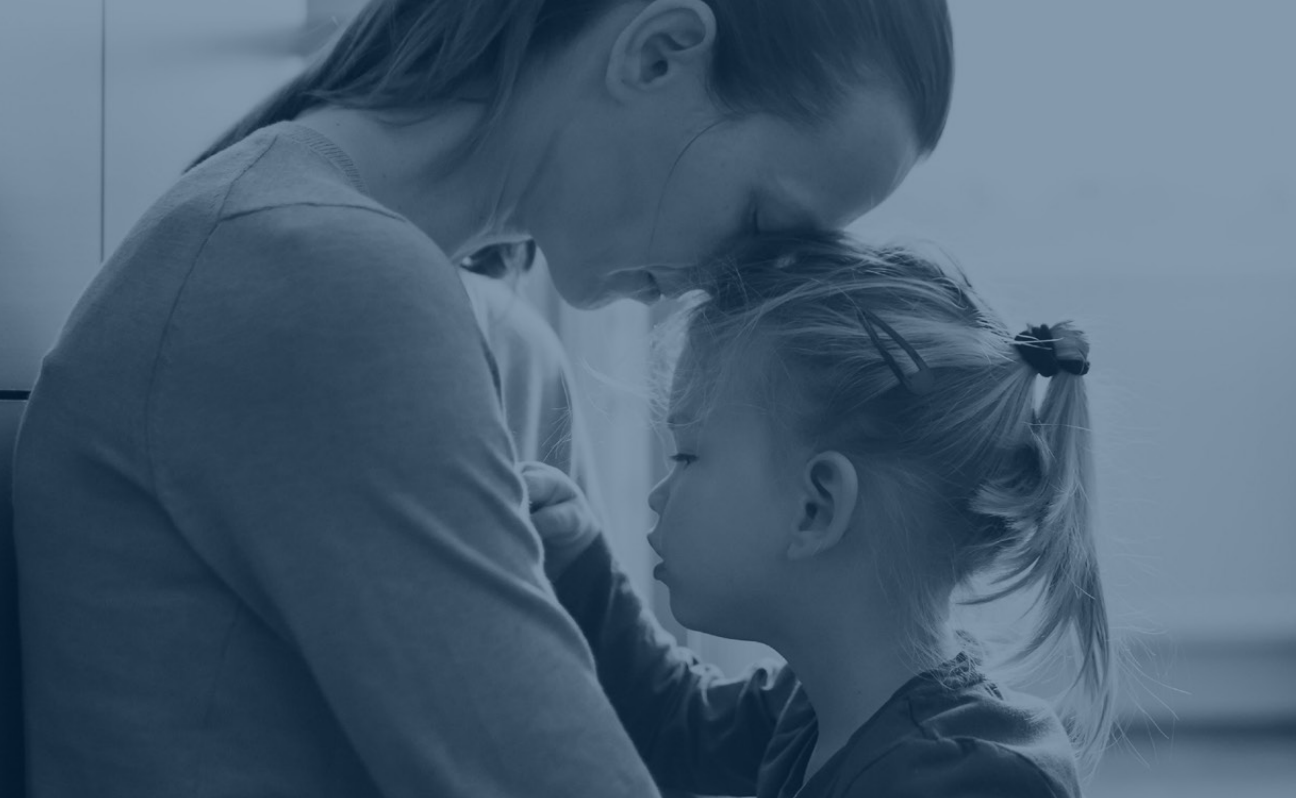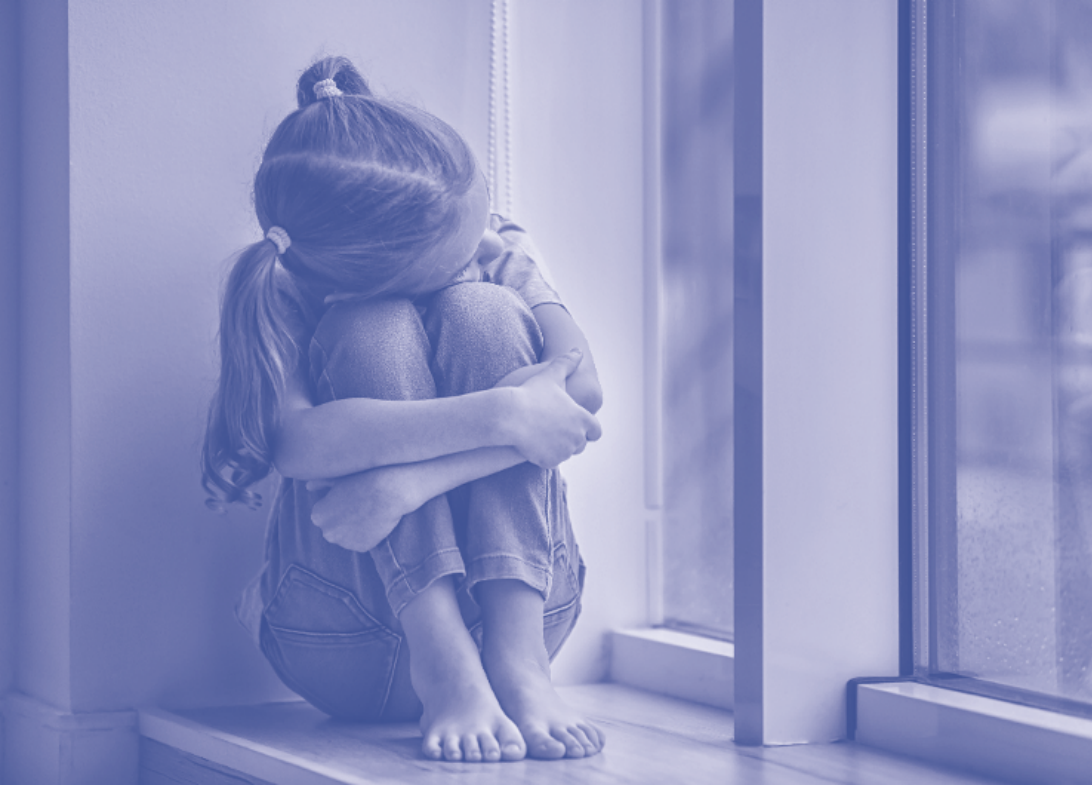How can Child Protection Systems benefit from NGOs?
On 1 June, Eurochild hosted an online event ‘A way forward towards family based care for children’ to reflect on how cooperation and knowledge sharing can bring about positive change for children at risk and in alternative care. The webinar highlighted country-level practices from Greece and Turkey on the transition from institutional to family- and community-based care.
Thanks to Eurochild's partnership with the Martin James Foundation, Roots Research Centre Greece and Hayat Sende Youth Association received a 9-month technical assistance that included facilitating access to training and expertise in different practice areas, as well as capacity building to leverage EU policy and funding influence.
Both countries rely on provision of residential care for children deprived of parental care. In Greece, 16% of children in care live in family-based care and this number rises to 39% in Turkey. The technical assistance aimed to reverse this situation by showing the good practices on how to reform national child protection systems.
Experiential training and trauma-informed and attachment aware theory in Greece
In Greece, experiential training combined with trauma informed and attachment aware theory have proven to be a powerful tool. Through exercises, role play and drawings, participants experienced an in depth understanding of the needs of children with developmental trauma or attachment issues.
This knowledge will help them provide better care and make wiser decisions for children in alternative care. Tested new tools and approaches that have proven to work better encouraged different municipalities: Athens and Piraeus (technical assistance I) and Crete, Florina and Kozani (technical assistance II) to participate in the trainings provided by the Roots Research Centre.
“Once you understand the issues of trauma and attachment for children, no one would support the institutionalisation of children’s care.” – Tatiana Gorney, Roots Research Center
Moreover, our Greek national partner, in cooperation with UNICEF Greece, developed a programme for the transition and placement of young people in protected independent living apartments in Crete. This programme is an expansion of UNICEF’s project tested in the Child Guarantee feasibility study. The technical assistance also facilitated to carry out advocacy for EU policy and funding instruments, such as National Action Plan of the European Child Guarantee in Greece as well as the proposal of new law on residential settings for children.
A better understanding of the differences between foster and adoptive care in Turkey
Our national partner in Turkey, Hayat Sende, trained almost 500 participants about the difference between foster and adoptive care because this misconception can prevent development of family-based care in Turkey. Thanks to effective social media communication, they reached prospective foster and/or adoptive parents from Turkey but also Turkish people living in the United States, France and Germany. The online training was based on a comprehensive presentation including the legislative and religious implications for alternative care of children.
“I think that the employees of the ministry should also have this training. The decisions they make personally affect us (foster families) and those who are waiting to be a foster family negatively.” – participant of Hayat Sende training session.
These trainings brought a positive feedback also from the Foster Family and Adoption Unit of the Ministry of Family and Social Services Turkey that approached Hayat Sende to cooperate on provision of similar trainings in the future. These will be carried out by the Ministry with an expert support from our Turkish national partner. Moreover, they plan to expand and make their trainings more inclusive for people with disabilities by involving the Network of Children with Disabilities (EÇHA).
The second pillar of their work was the provision of individual psycho-social support to thirty beneficiaries. The majority of them (21) were children/youth who were adopted/in foster care. Children and young people south to get help with their experiences and trauma.
In attempt to shape EU funding, IPA III mechanism in particular, Hayat Sende Youth Association participated in the consultation of the 2022 EU Enlargement Package for Turkey, where they highlighted the areas for future reforms and funding.
We also heard from representatives from the EU on what opportunities lie ahead for child protection reforms in the EU.
Jiri Svarc, DG EMPL, EC reiterated that Child Guarantee remains a main instrument to tackle child poverty in the EU, where children in alternative care belong to the one of the main targets groups of this instrument. Out of 9 submitted national action plans, three have proposed the measures in regards to deinstitutionalisation of children. Nonetheless, the submitted action plans are perceived as a living document. EC intends to have regular meetings with the National Coordinators of the ECG and other related child rights organisations on a continuous basis, starting now and for the next years. The EC also expect the feedback from the civil society on submitted NAPs.
“We also expect Member States to report on implementation regularly, and in those reports, I believe that these reports would be the place to accommodate the NAPs with specific measures or with new information.” - Jiri Svarc, DG EMPL, the European Commission.




